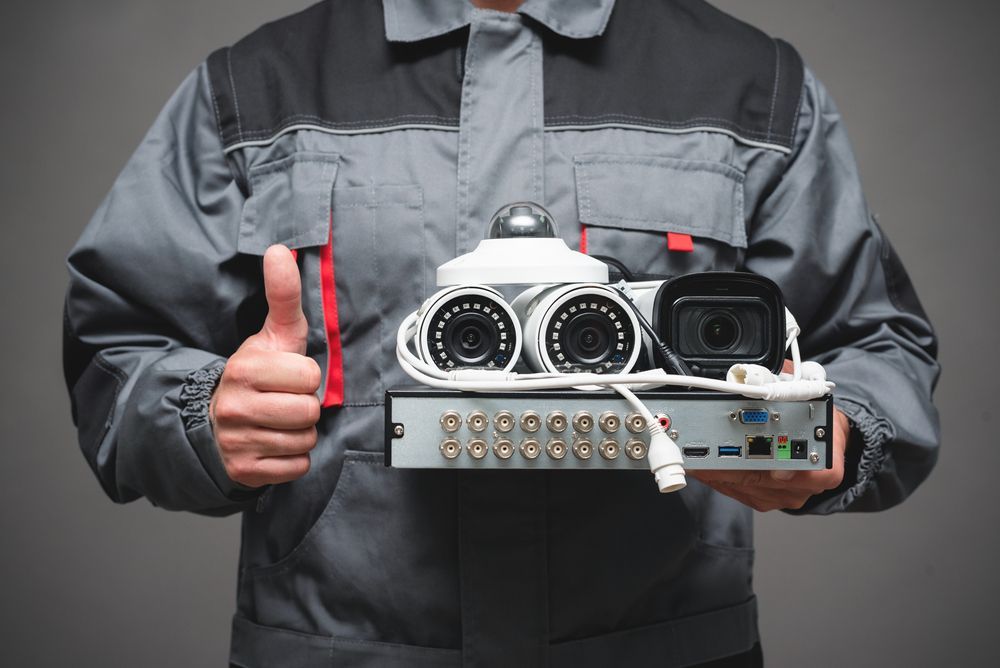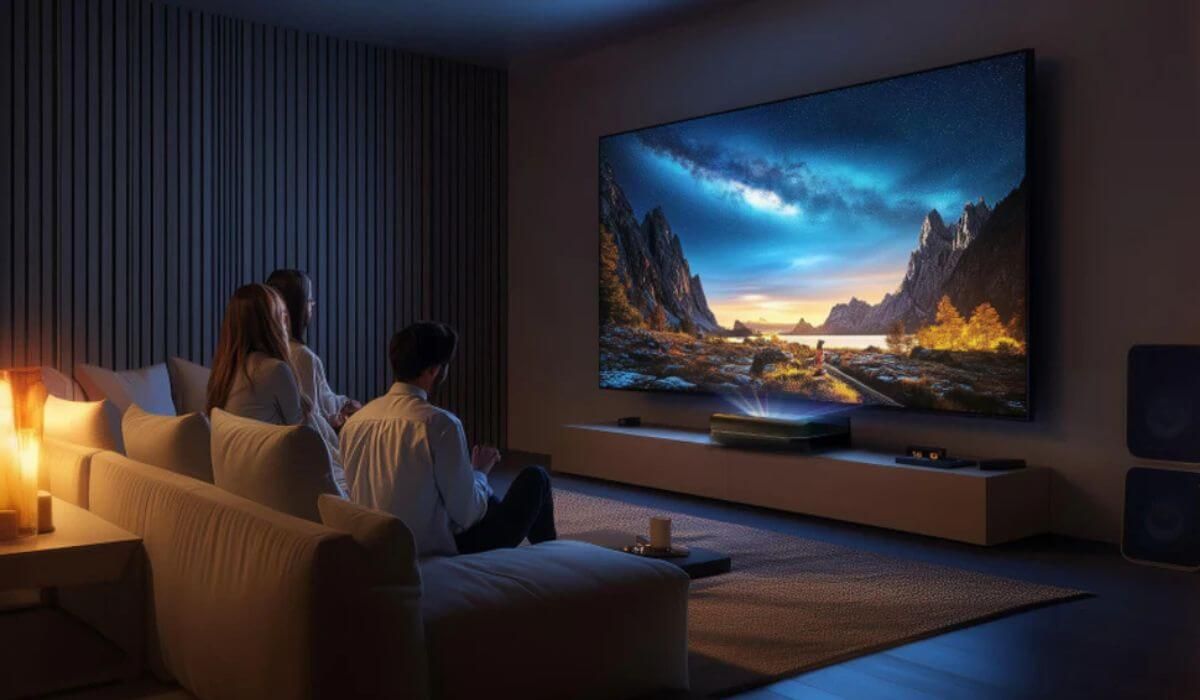Wired vs. Wireless: Choose the Best Security Camera for You
Imagine coming home after a long day only to discover your package has gone missing from your front porch. It’s a frustrating scenario many people experience, but one that could be avoided with the right security camera system. Choosing between wired and wireless security cameras is a significant decision that shapes how effectively you can monitor and protect your property. With so many options on the market, it can be overwhelming to figure out which type is best suited to your needs.
In this article, we’ll break down the differences between wired and wireless security cameras, highlight the benefits of each, and provide practical tips for making the right choice. Whether you’re a homeowner looking for peace of mind or a business owner aiming to secure your assets, understanding these two types of systems is the first step to safeguarding what matters most.
Challenges Without a Proper Security System
Without a security system in place, vulnerabilities abound. Homeowners often worry about package theft, break-ins, and vandalism. Businesses face even greater risks, including inventory shrinkage, unauthorized access, and employee misconduct. These concerns make it essential to understand why security cameras matter for homes and businesses alike.
For example, Sarah, a small-business owner, struggled with unexplainable losses in her store’s inventory. She had no surveillance system, leaving her unable to monitor activity during and after business hours. Similarly, Jack, a new homeowner, often felt uneasy about leaving his house unattended, especially during vacations. Without a proper security system, both were left vulnerable to theft and suspicious activity.
These scenarios highlight the critical need for a security solution. The right camera system not only deters crime but also provides tangible evidence in case of an incident, offering peace of mind and a sense of control. Why security cameras matter for homes goes beyond simple monitoring—having a reliable system in place ensures that families feel safe, deliveries remain secure, and potential intruders think twice before approaching.
From smart motion detection to remote access via mobile apps, modern security cameras offer features that allow homeowners to keep an eye on their properties no matter where they are. Investing in the right system means safeguarding loved ones, protecting valuables, and eliminating the worry of returning home to unexpected surprises.

When choosing a security camera system, you’ll encounter two primary options: wired and wireless. Understanding their differences can help you identify which system aligns with your unique requirements.
Wired Security Cameras
Wired cameras are connected to a central recording device (like a DVR or NVR) and a power source via cables. These systems are often known for their reliability and consistent performance.
Advantages:
- Stable Connection: Wired cameras are unaffected by Wi-Fi outages or interference, making them ideal for locations with poor internet connectivity.
- High-Quality Video: These cameras typically offer superior resolution and frame rates, providing crystal-clear footage.
- Scalability: Perfect for large properties or businesses with multiple cameras, as they can connect seamlessly to a central system.
Disadvantages:
- Complex Installation: Wiring the system requires professional installation, which can be time-consuming and invasive.
- Limited Flexibility: The fixed wiring limits camera placement, which may not be ideal for dynamic or temporary setups.
Wireless Security Cameras
Wireless cameras, on the other hand, rely on Wi-Fi or cellular signals to transmit footage. They are easier to set up and more flexible in terms of placement.
Advantages:
- Easy Installation: These cameras require minimal setup, making them perfect for DIY enthusiasts.
- Flexible Placement: Without wires, you can install cameras virtually anywhere within your Wi-Fi range.
- Modern Features: Many wireless systems come with smart integrations like motion detection alerts and cloud storage.
Disadvantages:
- Potential Interference: Wi-Fi-dependent systems can suffer from connectivity issues, especially in areas with poor signal strength.
- Power Source: Some wireless cameras are battery-operated, requiring regular recharging or replacement.

Real-Life Example:
A retail store in Sydney chose a wired system for reliable, uninterrupted surveillance, while a young couple in an urban apartment preferred wireless cameras for easy installation and flexibility. However, many overlook key factors when selecting security systems.
Mistakes to avoid with wired & wireless cameras include poor placement, weak network connections for wireless setups, and neglecting cable security in wired systems. Businesses may face costly reinstallations, while homeowners risk signal interference. Understanding these pitfalls helps ensure an effective and hassle-free security solution.
Practical Tips for Choosing the Right Camera System
When selecting between wired and wireless security cameras, consider the following factors:
- Evaluate Your Property’s Layout:
- For large properties or businesses, a wired system ensures comprehensive coverage with minimal downtime.
- For small homes or rental spaces, wireless cameras offer flexibility without structural modifications.
- Assess Connectivity and Power Needs:
- If you live in an area with unreliable internet, wired cameras are more dependable.
- For locations where running cables is impractical, wireless options with battery backups are ideal.
- Factor in Long-Term Costs:
- Wired systems may have higher upfront installation costs but require less maintenance over time.
- Wireless systems often incur recurring costs for cloud storage or battery replacements.
- Consider Scalability: For future expansions, ensure your chosen system can accommodate additional cameras or integrate with other smart devices.
- Seek Professional Advice: Security consultants, like those at Scavi, can assess your needs and recommend the best system tailored to your property.

Choosing between wired and wireless security cameras is a pivotal step in enhancing your home or business security. Each option offers unique advantages and challenges, and the right choice depends on your specific circumstances. Wired systems provide reliability and high-quality footage, making them ideal for larger, permanent installations. Wireless cameras, on the other hand, excel in flexibility and ease of use, perfect for smaller or temporary setups.
As you navigate this decision, remember the ultimate goal: peace of mind. Investing in a security camera system not only deters crime but also empowers you with the tools to monitor and protect what matters most. Whether you choose wired or wireless, the professionals at Scavi are here to guide you every step of the way, from selecting the best system to ensuring seamless installation and maintenance.
Take action today and secure your tomorrow. Your safety, and that of your loved ones or assets, is worth every effort.



